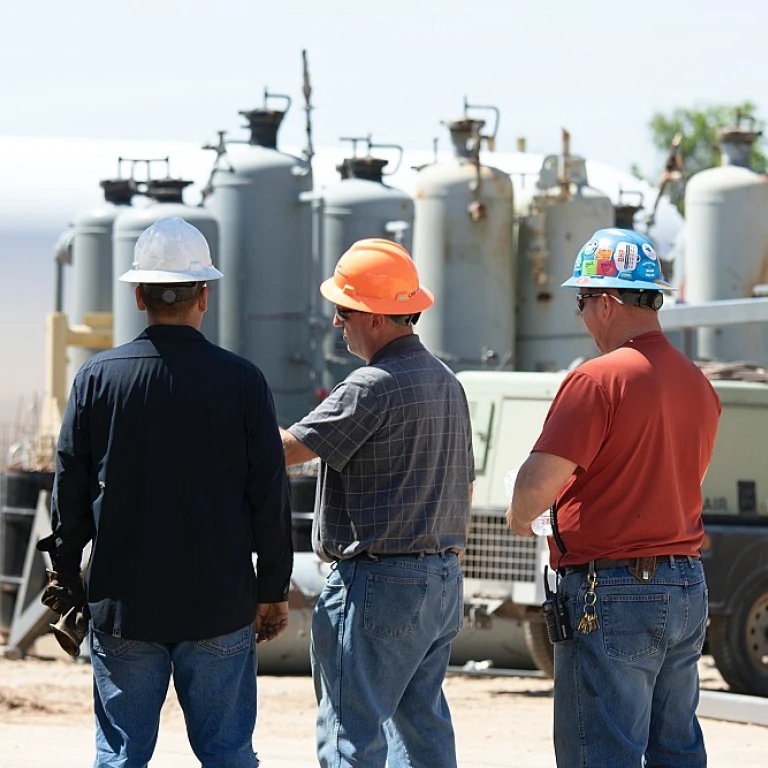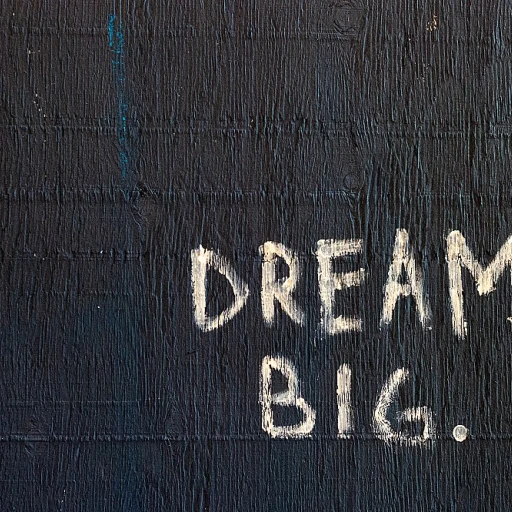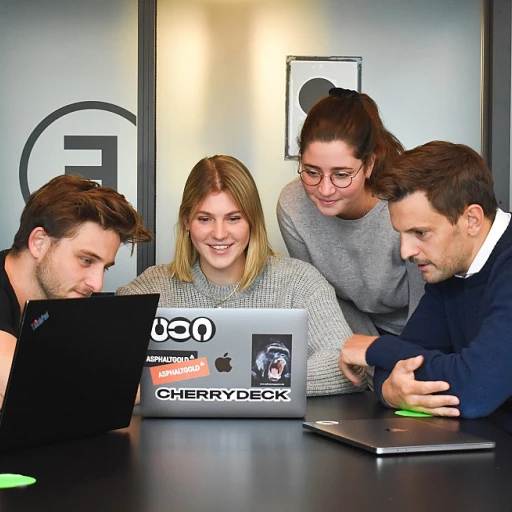Exploring the Plumbing Profession
What Does the Plumbing Profession Entail?
Becoming a plumber offers a multitude of rewarding paths and opportunities for those who choose to embark on this engaging career journey. Plumbers play an indispensable role in maintaining and repairing plumbing systems, ensuring that homes and businesses have access to clean water and efficient waste removal. The expertise of plumbers is critical, as it directly impacts public health and safety.
In the field of plumbing, the scope of work is incredibly diverse. It ranges from the installation and repair of pipes, faucets, and other plumbing fixtures, to more complex tasks like planning entire plumbing systems for new construction projects. The journey to become a licensed plumber requires dedication and comprehensive training, often starting with a combination of high school education and trade school programs.
This career provides not only the opportunity to work independently as a plumbing contractor but also to join firms that offer potential employment and learning experiences with master plumbers. These apprenticeships help individuals gain the practical knowledge needed to eventually achieve higher levels of qualification, such as a journeyman or master plumber status.
Being a plumber demands strong problem-solving skills and a solid understanding of state licensing requirements, which often involve passing a licensing exam. In addition to hands-on work, plumbers are expected to engage in continuing education to remain current in their field and to ensure compliance with evolving regulations and building codes. This ongoing learning helps equip plumbers for challenges they might face in their day-to-day duties, which we will delve into further in this article.
Educational Pathways and Training
Training for a Promising Future in Plumbing
Embarking on a career journey to become a plumber entails a combination of education, hands-on training, and a commitment to mastering plumbing systems. The route is structured yet offers flexibility for different learning styles and timelines. In starting out, individuals can pursue their plumbing education through various pathways, ranging from technical and trade schools to community colleges offering relevant programs. A high school diploma is generally a prerequisite for these programs, as foundational knowledge in mathematics and physical sciences is essential. After completing school, aspiring plumbers often enter into apprenticeship programs, which provide critical on-the-job experience. Apprenticeship programs are a cornerstone in plumbing training, combining theoretical learning with practical experience. These programs typically last several years, often ranging from 2 to 5 years, depending on the state and the complexity of the plumbing work involved. During these years, apprentices work under the supervision of experienced, licensed plumbers, thereby gaining invaluable skills that textbooks alone cannot impart. Beyond formal schooling and apprenticeships, some regions offer journeyman programs which lead to further licensing and specialization. Successfully completing a plumbing apprenticeship and passing the necessary licensing exams moves an individual from an apprentice to a journeyman plumber status, allowing them to work more independently. Licensing requirements can vary by state and often involve taking a licensing exam that assesses knowledge and expertise in plumbing systems. A journeyman plumber can choose to continue gaining experience and, with additional training and passing further exams, may advance to become a master plumber. This level provides even more opportunity, including the potential to own a plumbing business or work as a plumbing contractor. Each step along the educational and training pathway is crucial in forming a proficient and trustworthy plumber. As you explore your own plumbing career opportunities, consider visiting exploring career opportunities in Hornell to understand potential pathways in different regions.Licensing and Certification Requirements
Requirements for Securing Your Plumber License
To embark on the path of becoming a licensed plumber, one must navigate the various licensing requirements that differ by state. It's essential to understand what each state mandates before taking steps toward a successful career. These requirements generally include a combination of education, hands-on training, and examinations. Typically, aspiring plumbers must first complete their high school education. A high school diploma establishes the foundation needed before entering more specialized training. Following this, an individual can choose between attending a trade school or enrolling in an apprenticeship program to gain the necessary experience in plumbing systems. During apprenticeship programs, which can last several years, individuals earn while they learn, gaining practical knowledge under the guidance of master plumbers. This blend of work and education is crucial in preparing for the licensing exam, ensuring that the apprentice garners both technical skills and on-the-job experience. Upon completing an apprenticeship, one must pass a licensing exam to become recognized as a journeyman plumber. This exam tests a variety of skills needed to ensure safety and efficiency in the plumbing industry. However, depending on your career aspirations, becoming a master plumber may be the ultimate goal. Achieving this status typically requires gaining additional years of experience and possibly passing another exam, confirming one's expertise and ability to work independently or operate a plumbing contractor business. Continuing education is another factor to consider as it can influence your progress. Keeping up with new plumbing technologies and codes through ongoing training may be mandatory for license renewal. Making sure you adhere to your state's specific licensing requirements is crucial for advancing from a journeyman to a master plumber. To uncover more about crafting a professional identity in such transitions, consider exploring this detailed guide on navigating career transitions.Timeframe for Career Transition
Understanding the Timeline for Becoming a Plumber
Embarking on the journey to become a plumber is a rewarding yet time-intensive process. The duration it takes to transition into this career can vary based on several factors, including the chosen educational pathway, state-specific licensing requirements, and personal dedication to the craft.
Here’s a general outline of the timeframe involved:
- High School Education: The first step is obtaining a high school diploma or equivalent. This foundational education is crucial as it prepares you for further training and apprenticeship programs.
- Trade School or Vocational Training: Enrolling in a trade school or vocational program typically takes about 1-2 years. These programs offer a comprehensive understanding of plumbing systems and essential skills required in the field.
- Apprenticeship Program: Most aspiring plumbers will enter an apprenticeship program, which generally lasts 4-5 years. During this period, you will gain hands-on experience under the supervision of licensed plumbers, learning the intricacies of the trade.
- Licensing and Certification: After completing an apprenticeship, you will need to pass a licensing exam to become a journeyman plumber. The requirements for this exam vary by state, but it is a crucial step in your career progression.
- Continuing Education and Advancement: To advance to a master plumber status or become a plumbing contractor, additional years of experience and further licensing exams are required. Continuing education is often necessary to keep up with the latest industry standards and technologies.
The path to becoming a licensed plumber is not quick, but the investment in time and effort can lead to a stable and lucrative career. With dedication and the right training, you can successfully navigate the challenges and opportunities in the plumbing industry.












